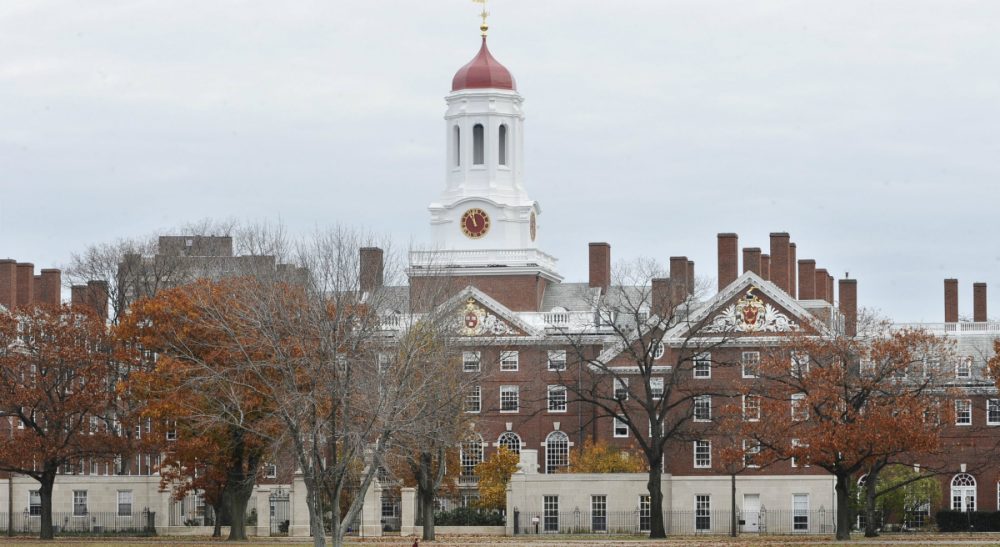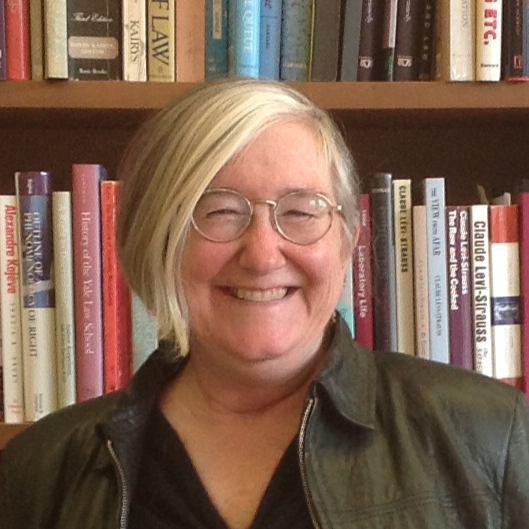Advertisement
Harvard's New Sexual Harassment Policy Must Change

Students have rightly protested shoddy and outright malign handling of sexual harassment and sexual misconduct claims and demanded fairer procedures on college campuses. Many of the resulting reforms will improve things by sending the clear message that sexual abuse will not be tolerated or condoned. But, as often happens when public indignation and government power combine to force reform, it is easy to go too far and to make hasty fixes that threaten values that are forgotten at the moment of crisis.
Overbroad enforcement risks punishing perfectly innocent conduct and squandering the legitimacy and moral force of sexual harassment law as an important social justice tool.
We have reached that point in the institutional, political and governmental demand for stricter enforcement of sexual harassment policies by institutions of higher education. Harvard University’s new Sexual and Gender-Based Harassment Policy, and its new procedures for student discipline, exemplify this trend.
The policy defines sexual harassment so broadly that students may think that any unwanted sexual conduct constitutes an offense. In fact, the unwanted sexual conduct must be so severe and pervasive that it would interfere with a reasonable person’s ability to work or learn in that environment. Overbroad enforcement risks punishing perfectly innocent conduct and squandering the legitimacy and moral force of sexual harassment law as an important social justice tool.
The procedures, too, risk making victims of the unharmed and villains of the innocent. They deprive accused students of due process by placing the entire decision-making process in the hands of a single university officer, who has the authority to charge, investigate, adjudicate and hear appeals, all in a single case. That officer is in the impossible position of checking, testing and reviewing her own decisions.
The new policy also deprives accused students of due process by according complainants at least 14 procedural advantages that are withheld from the accused. For example, the accused is totally locked out of the inquiry into whether the alleged conduct, if it occurred, constitutes sexual harassment. These tilts go so far that the very presumption of innocence is under threat.
Meanwhile, as the Department of Education’s Office for Civil Rights (DOE OCR) extends sexual harassment law and federal requirements far beyond anything authorized by Title IX, federal courts or its own regulatory documents, Harvard, Harvard Law School and 83 other schools, are under immense pressure to decide flimsy, weak, doubtful and difficult cases favorably to complainants, or face the wrath of a government agency that can cut off all federal funding to the entire institution.
Several other crucial American values are also under threat by policies like Harvard’s. One of them is academic freedom. While the DOE OCR has admitted – grudgingly – that public institutions must respect the First Amendment while enforcing sexual harassment bans, it makes no commitment to free expression values at private institutions, where the First Amendment does not apply. All institutions of higher education treasure free expression, but only government-run ones are directly controlled by the federal Constitution and Bill of Rights.
The broader values of academic freedom, the very lifeblood of education and research, appear not to register as important to DOE OCR at all. Sexual harassment can take the form of speech alone. The Harvard policy states that, “sexual advances, requests for sexual favors, and other verbal … conduct of a sexual nature” can constitute sexual harassment. As examples, it lists “sexual advances, whether or not they include physical touching” and “lewd or sexually suggestive comments, jokes, innuendoes, or gestures.” Classroom instruction, academic debate and normal everyday conversation can and will – and at other institutions already have – become the basis of complaints and sanctions. The Patricia Adler case at the University of Colorado, in which a professor’s tenure was threatened because a lecture on prostitution was deemed offensive, exemplifies the danger.
Women’s quest for sexual autonomy is undercut by protectionist images of our sexuality, mandatory reporter requirements, and the newly robust obligation of schools to pursue sexual harassment claims even when the alleged victims don’t want them to.
Chill is already happening. Teachers at Harvard, alarmed by the policy’s expansive scope, are jettisoning teaching tools that make any reference to human sexuality. For teachers, students, scholars and participants in public debate whose topic is human sexuality, this is not an option. In these areas, much of what teachers have to teach and students have to learn and debate will be – must be – conveyed by words that are unwelcome, undesirable or offensive to some. The very topic of the policy is a dangerous place for teachers and students to be. Indeed, it is hard to imagine a more counterproductive thing for a sexual harassment policy to do than to make it harder for us to discuss, teach, debate and improve sexual harassment policy – but that is what the university policy threatens to do.
There are many other reasons for concern about the current moment of overreach. Chief among them: Women’s quest for sexual autonomy is undercut by protectionist images of our sexuality, mandatory reporter requirements, and the newly robust obligation of schools to pursue sexual harassment claims even when the alleged victims don’t want them to. Alcohol and drug overconsumption among our students will never be addressed by suppressing student parties or by confidential punishments, no matter how severe.
The university must rewrite the policy and procedures to define sexual harassment to include only serious wrongdoing, not everything objectionable to anyone; protect due process for all parties; and positively protect academic freedom and freedom of speech. And the DOE OCR needs to consider that inflating its mission may backfire against the very people it is trying to help.
Related:
